20 Reasons Why Fishing is Beneficial to Emergency Preparedness
Being prepared for emergency events like natural disasters is crucial. Today I want to talk about why fishing is beneficial. While many people focus on stockpiling food and supplies, one often overlooked skill that can be invaluable in such situations is fishing. Fishing not only provides a sustainable source of food but also offers several other benefits that contribute to emergency preparedness.
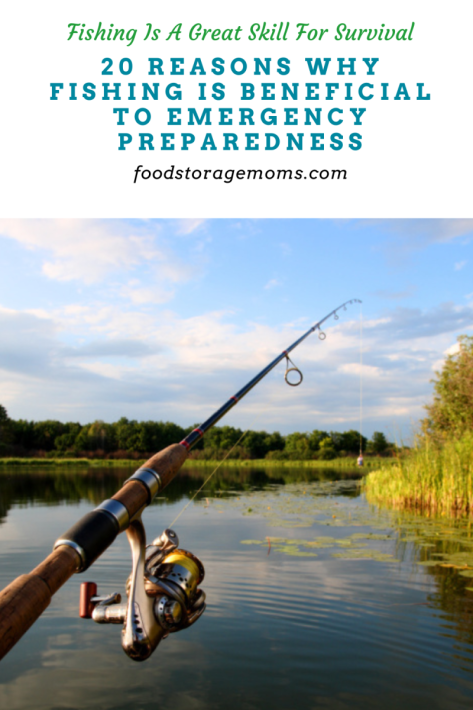
I’d have to say that most fishermen, or fisherwomen for that matter, are recreational anglers. Mark used to go fishing when he was young with his dad, and he loved it. In the past few years, he’s taken it up again with great friends in Southern Utah where they have some awesome bass and trout fisheries. They did it for sport based on a catch-and-release approach.
When it comes to food security and the subsistence needed to provide for the nutritional requirements of your family, hopefully, you live near one of the fishing communities Americans sometimes take for granted. Although the great commercial fisheries are located on the coastlines and in the great lakes, you can still find places to fish where the fish are plentiful and of the quality to support human health.
You don’t need a “vessel” like a bass boat to make the fishery successful, many people find good fishing from lake shores, rivers, creeks, and small ponds. Fishers do need fishing licenses from a local government or local agencies with jurisdictions prescribed to cover such things. It shouldn’t take a large investment for you or a family with adults, or even young children, to obtain the necessary equipment to provide some food for their needs.
Let’s explore 20 reasons why fishing is beneficial to emergency preparedness.
1. Reliable Food Source
Fish are abundant in lakes, rivers, streams, and oceans, making them a reliable and sustainable source of food during emergencies. With proper fishing equipment and techniques, you can catch fish to feed yourself and your family, ensuring a regular supply of protein-rich sustenance. What to Do With Your Old Stockpile of Food
After floods, hurricanes, tornados, and some other disasters, the ecosystems for fish and other wildlife may be disrupted for a period. The recovery efforts and disaster assistance on the local level by emergency response teams, or on a larger scale by the Federal Emergency Management Agency (FEMA), should allow access to fisheries without long-term delays or the risk of harm or hazards.
2. Nutritional Value
Fish are packed with essential nutrients like omega-3 fatty acids, vitamins, and minerals. Including fish in your emergency diet as part of your emergency preparedness planning process can play a critical role in maintaining good health. Eating fish can boost the immune system, and provide essential nutrients when other food sources may be limited or unavailable.
3. Long Shelf Life
Freshly caught fish can be cooked and consumed immediately for a delicious meal. However, in emergency situations where refrigeration or cooking facilities may be limited, fish can be preserved by smoking, salting, or drying. This extends their shelf life, ensuring a longer-lasting food source. Foods That Have a Long Shelf Life
4. Versatility in Cooking Methods
Fish can be cooked in various ways, offering versatility in meal preparation. Whether you choose to grill, bake, fry, or steam, fish can be easily adapted to different cooking methods, allowing you to create a diverse range of meals even in challenging circumstances. This is one of the Top Survival Kitchen Cooking Essentials
5. Low Infrastructure Requirements
Unlike farming or livestock rearing, fishing requires minimal infrastructure. All you need is basic fishing gear, such as a fishing rod, hooks, and bait, making it an accessible and cost-effective option for acquiring food during emergencies. Beginners Guide to Fishing: 6 Amazing Tips and Tricks
6. Physical and Mental Well-being
Why is fishing beneficial? Fishing is not just about catching fish, it also provides a therapeutic experience that promotes relaxation, stress reduction, and mental well-being. Engaging in fishing activities during emergencies can help alleviate anxiety and provide a valuable distraction from challenging circumstances. How to Be Tougher Mentally As a Prepper
7. Self-Sufficiency
By learning how to fish, you gain the ability to be self-sufficient in acquiring food. Relying on your fishing skills reduces dependence on external sources and empowers you to provide for yourself and your loved ones, even when other means of obtaining food are limited. 17 Ways to Become More Self-Sufficient
8. Adaptability to Different Environments
Fishing can be practiced in various environments, including freshwater lakes, rivers, and even saltwater bodies. This adaptability allows you to utilize fishing as a viable food source regardless of your location during an emergency.
You need to be aware of various hazards when near certain bodies of water. On coastlines, there is the chance for storm surges as part of tropical storms and hurricanes. Local rivers, streams, and creeks where you often go to fish can be adversely affected by severe storms that prompt a flood hazard. Always take a communication source with you so you can stay up to date regarding weather conditions and escape routes.
9. Scalability
Fishing can be easily scaled up or down according to your needs. Whether you are fishing for a single meal or aiming to catch enough fish to sustain your family for an extended period, the scalability of fishing makes it suitable for different emergency scenarios.
10. Teaching Survival Skills
Learning to fish equips you with essential survival skills that can be invaluable during emergencies. Understanding water ecosystems, identifying fish species, mastering fishing techniques, and adapting to changing conditions are all valuable skills that can improve your chances of survival in challenging situations. 15 Items Older People Want For Survival
11. Community Building
In times of crisis, fishing can serve as a community-building activity. By organizing fishing trips or sharing fishing knowledge, you can foster a sense of camaraderie and cooperation with others in your community, creating a support network that can enhance overall emergency preparedness. How to Make a Community in Your Neighborhood
12. Environmental Awareness
Fishing promotes environmental awareness by connecting individuals to the natural world. When engaging in fishing activities, you become attuned to the health of aquatic ecosystems, understanding the importance of conservation and sustainable fishing practices.
13. Trade and Barter
In emergency situations where resources are scarce, fish can serve as a valuable commodity for trade and barter. Having the ability to catch fish not only provides sustenance for yourself but also opens up opportunities for exchanging food or other essential items with fellow survivors. How to Barter with Food and Water
14. Engaging in Outdoor Activities
Fishing offers a chance to escape the confines of indoor spaces and engage in an outdoor activity. This can be especially beneficial during times of stress or confinement, allowing you to reconnect with nature and enjoy the therapeutic benefits of being outdoors. First Aid for Outdoor Adventures
15. Skill Development
Mastering the art of fishing involves honing various skills, such as casting techniques, knot tying, and reading water conditions. These skills not only enhance your fishing success but also contribute to your overall skillset, making you more adaptable and resourceful in emergency situations. 15 Valuable Skills I Learned In Home Economics
16. Resilience and Adaptability
Fishing requires patience, resilience, and adaptability. These qualities are essential during emergencies when circumstances may be uncertain and resources limited.
17. Water Source Accessibility
Fishing takes place near bodies of water, which can serve as a vital resource in emergency situations. Along with providing a source of food, lakes and rivers offer access to fresh water for drinking, cooking, and hygiene purposes, ensuring overall survival and well-being. How to Find Other Water Sources in an Emergency
18. Physical Fitness
Engaging in fishing requires physical activity, such as casting, reeling, and maneuvering in different terrains. This promotes physical fitness and strength, helping you maintain a healthy body during emergencies when access to traditional exercise facilities may be limited. This is also another major reason why fishing is beneficial. What Are The Benefits of Walking?
19. Time Management Skills
Fishing teaches valuable time management skills, as it requires planning, patience, and understanding of fish behavior. Being able to effectively manage your time and prioritize tasks is crucial during emergencies when resources and time may be scarce.
20. Sense of Accomplishment
Successfully catching fish brings a sense of accomplishment and self-reliance. In times of crisis, this feeling of achievement can provide a sense of control amidst uncertainty, contributing to overall mental and emotional well-being. How to Stay Positive in Difficult Situations
More Tips
- 30 Uses for Dryer Lint in Emergency Preparedness
- How to Use Old Curtains for Emergency Preparedness
- Emergency Preparedness-Make A Plan
Final Word
There are many reasons why fishing is beneficial to emergency preparedness. Incorporating fishing into your emergency preparedness plan, you can enhance your ability to provide food and promote self-sufficiency. Remember to research local fishing regulations and acquire the necessary licenses or permits before engaging in any fishing activities. May God Bless this World, Linda
Copyright Images: Fishing and Spinning on a Lake Depositphotos_2884900_S by Kokhanchikov, Fishing on the Lake Depositphotos_5746726_S by Stas_K

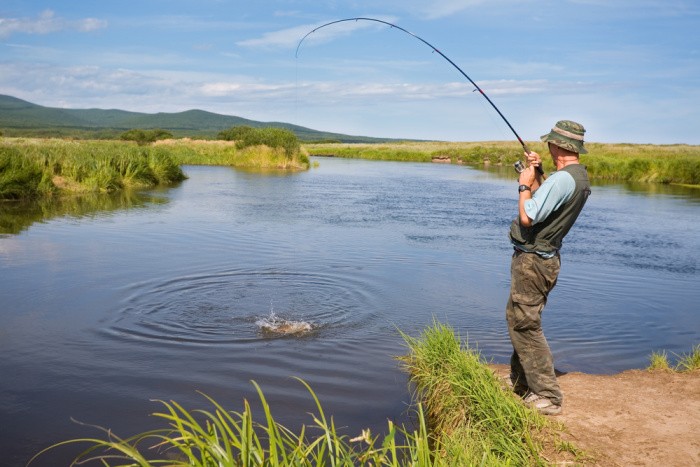

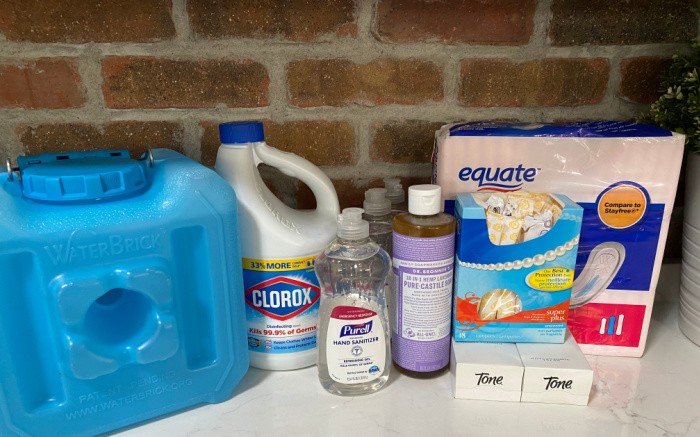
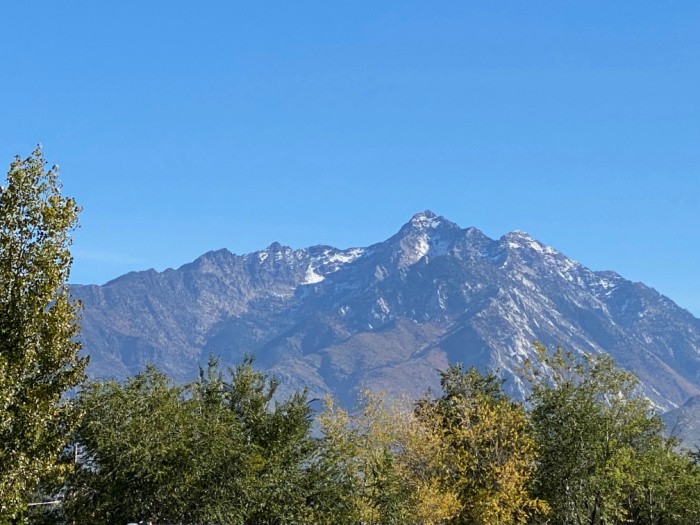


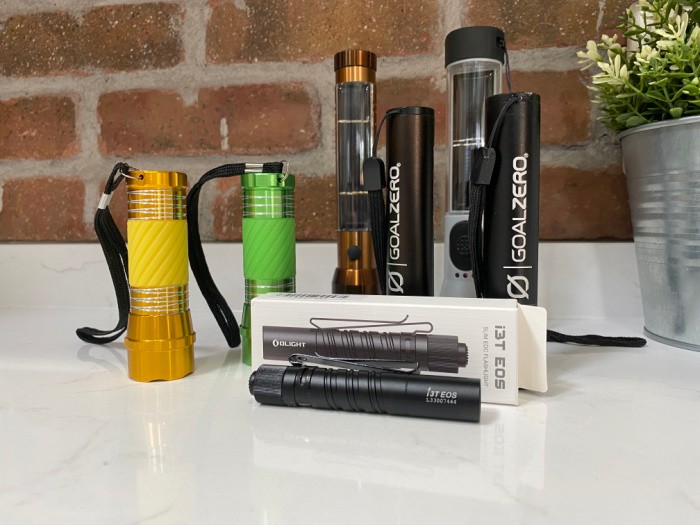
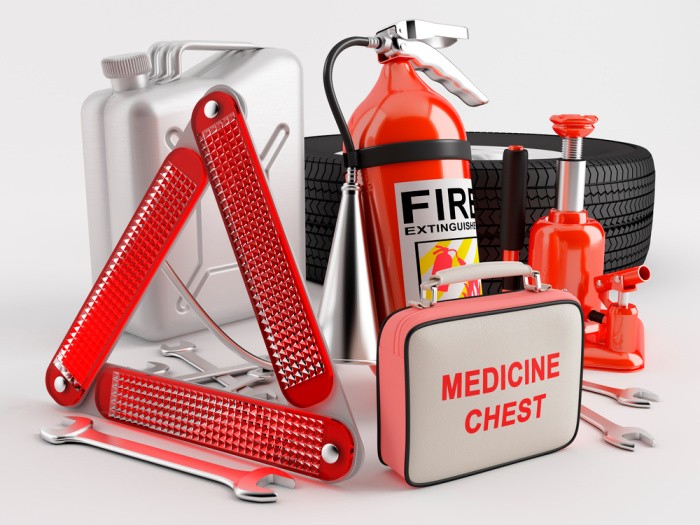


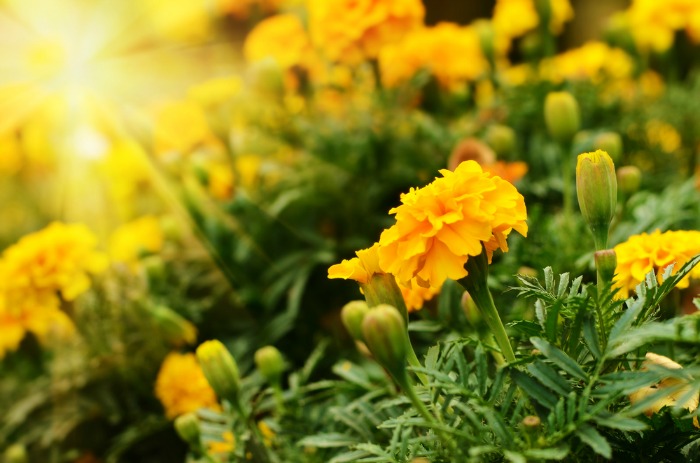
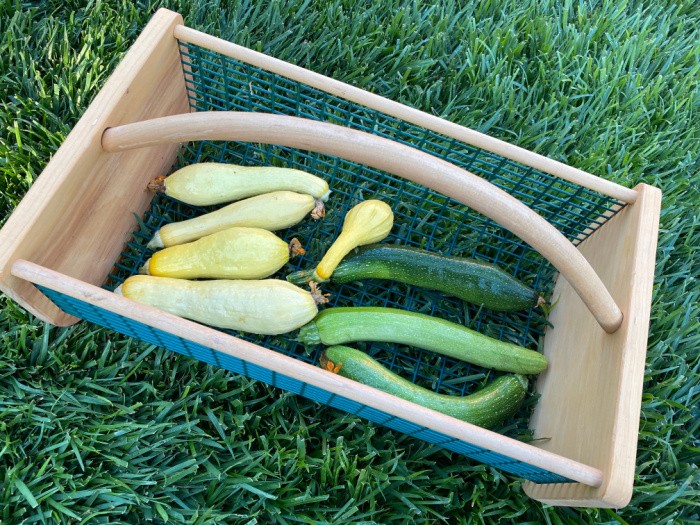


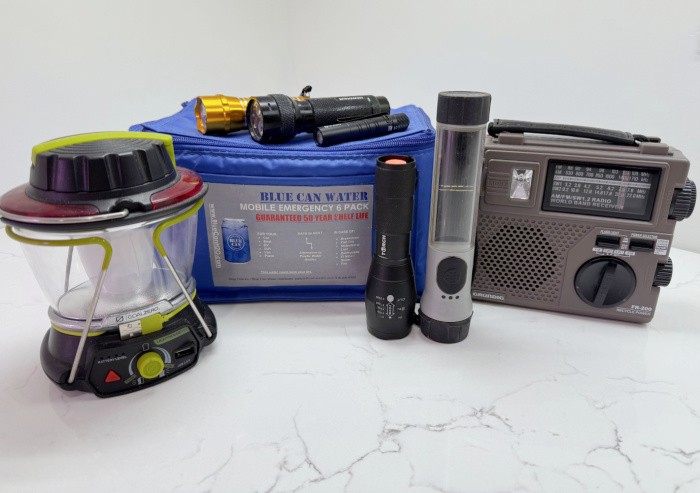
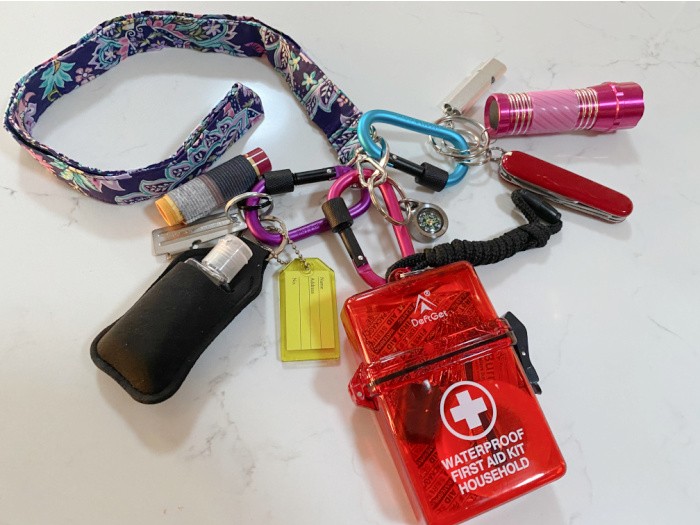





Simply superb article. Aside from food I think learning environmental awareness is the most important lesson fishing or hunting can teach you. My grandfather took me fishing when I was too young and impatient to sit still, so I explored the river banks and lake shores and learned what animals made which tracks, what their game trails looked like, learned to pay attention to bird sounds and the chattering of squirrels, the buzz of insects–or their sudden silences. I learned which flowers, trees and grasses grew where and which clouds portended rain or far worse weather, how to locate a good campsite and, eventually when I got older and more patient, how to read the river so I’d know where to drop my line in. I always had fun, the importance of which seems to be under rated these days.
Hi Ray, oh I LOVE LOVE LOVE your comment, my friend! We can all relate to our little ones being impatient to sit still! LOL! Love it! What I love about your comment is what your grandfather taught you over the years. What a wonderful life for a young child to enjoy time with his Grandfather and learn so many skills at the same time. WOW! I love this! Thank you for sharing! Linda
Trotline, limb lines, jug lines, yo-yo and gill netting are going to provide way more than recreational fishing methods in most cases. It will slow you to complete other tasks while gathering food.
Bow fishing and having different arrows available at the ready will provide fish, small game and birds. As well as an immediate defense method. Once regulations go out the window it’ll be much easier to gather food.
Don’t forget “trash fish” are edible as are snakes and turtles etc.
Forget fillets cause everything counts in nutrients
Hi Matt, great comment as always. I totally agree we must have the skills but also the tools beforehand and know how to use them. I love this! Linda
Having an auger and tip up fishing equipment, will allow ice fishing in the Winter on local lakes and ponds. It can be very productive. There is also the idea of building an ice hut and fishing a hole drilled by an auger through the ice. Then you can hand line fish. I’ve done both outdoor ice fishing for perch and pickerel at -25° with tip ups, and hand lining for smelt in an ice hut on Lake Champlain also in below 0° temps. We caught more than enough fish for a family meal. The virtue of Winter is gutting and freezing the extra catch for another meal.
Fish caught in Summer can also be salt dried and preserved for the Winter. I suggest trash fishes can be used in fish stews or chowders. Salmon can also be used to make chowder, so if you have access to inland salmon, it is a good sized fish that can feed a whole family. I caught some in Lake Michigan weighing 24 lbs per fish. Just some thoughts.
But salt preservation does require significant amounts of salt. So prepping with this in mind, means stockpiling a lot more salt in moisture tight containers, might normally be needed. Recycling the salt used for preservation by turning it in to brine, then evaporating it. Some brine could also be canned for use in cooking.
Hi MaryAnn, thank you for the tips on fishing! I love it! That had to have been a very cold day to fish, my sweet friend! So fun! I have never seen a 24 pound fish, what a sight to see, I’m sure. Thanks for sharing your story, Linda
It was hard to land it in the boat that was the hardest. I had no no idea how much it weighed until we got back to the dock. Turned out l caught the biggest fish out of the 5 people on the boat, they were were all male. Hah! Hah! I’m not sure where these land locked salmon spawned but they were larger than the Atlantic salmon I’ve seen. The Great Lakes are huge and as far as I know they aren’t commercially fishing salmon in any of the lakes. That might be the reason they are so large. Sport fishing is an industry on the lakes but not enough to over fish the supply. It was fun to beat the guys, and beat them at their own game. They all assumed I had never fished, and I didn’t tell them about my experience.
HI MaryAnn, wow, you are quite the fisherwoman! It’s so funny that you caught the biggest fish! I love this! Linda
If everyone goes fishing if the SHTF event and there is no food in the stores, think about it everyone people will fish all the fish away and no more fish
Hi MarkW, you are so right! This is why we need more than one source of protein. Some people have turned their swimming pools into Tilapia fish farms. We will have to be resourceful that’s for sure. Great comment, Linda